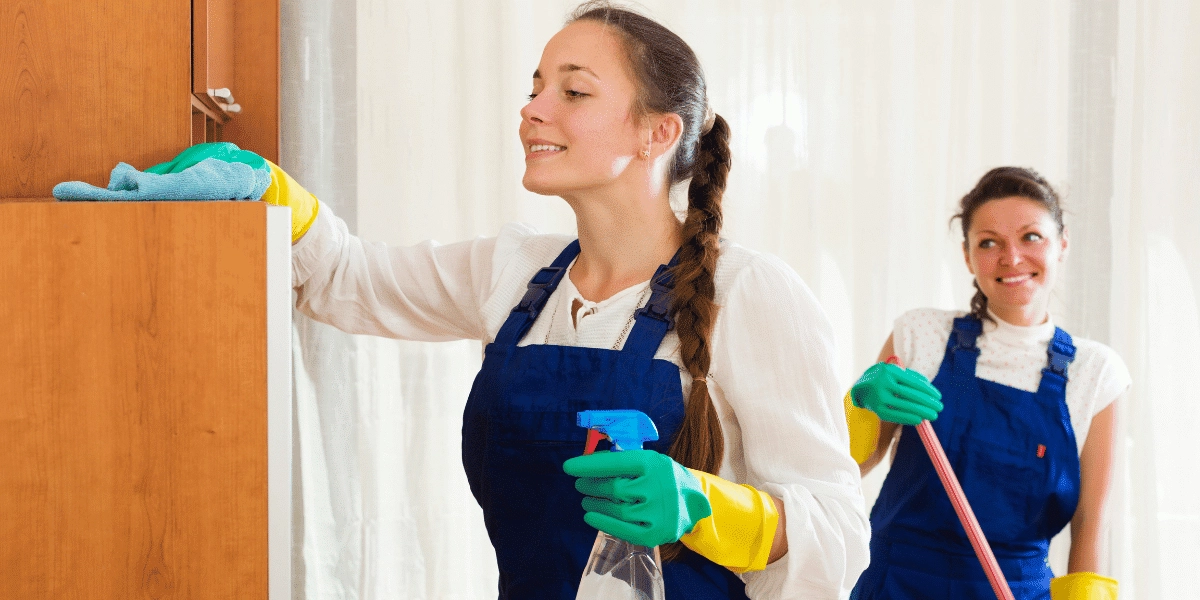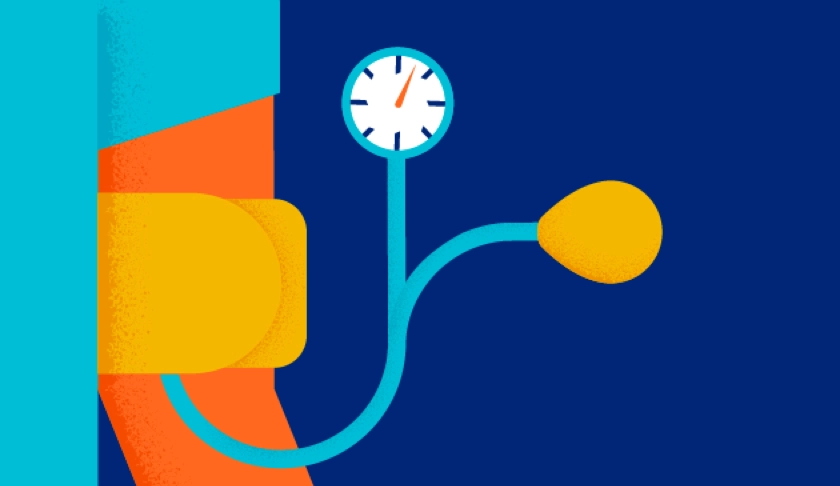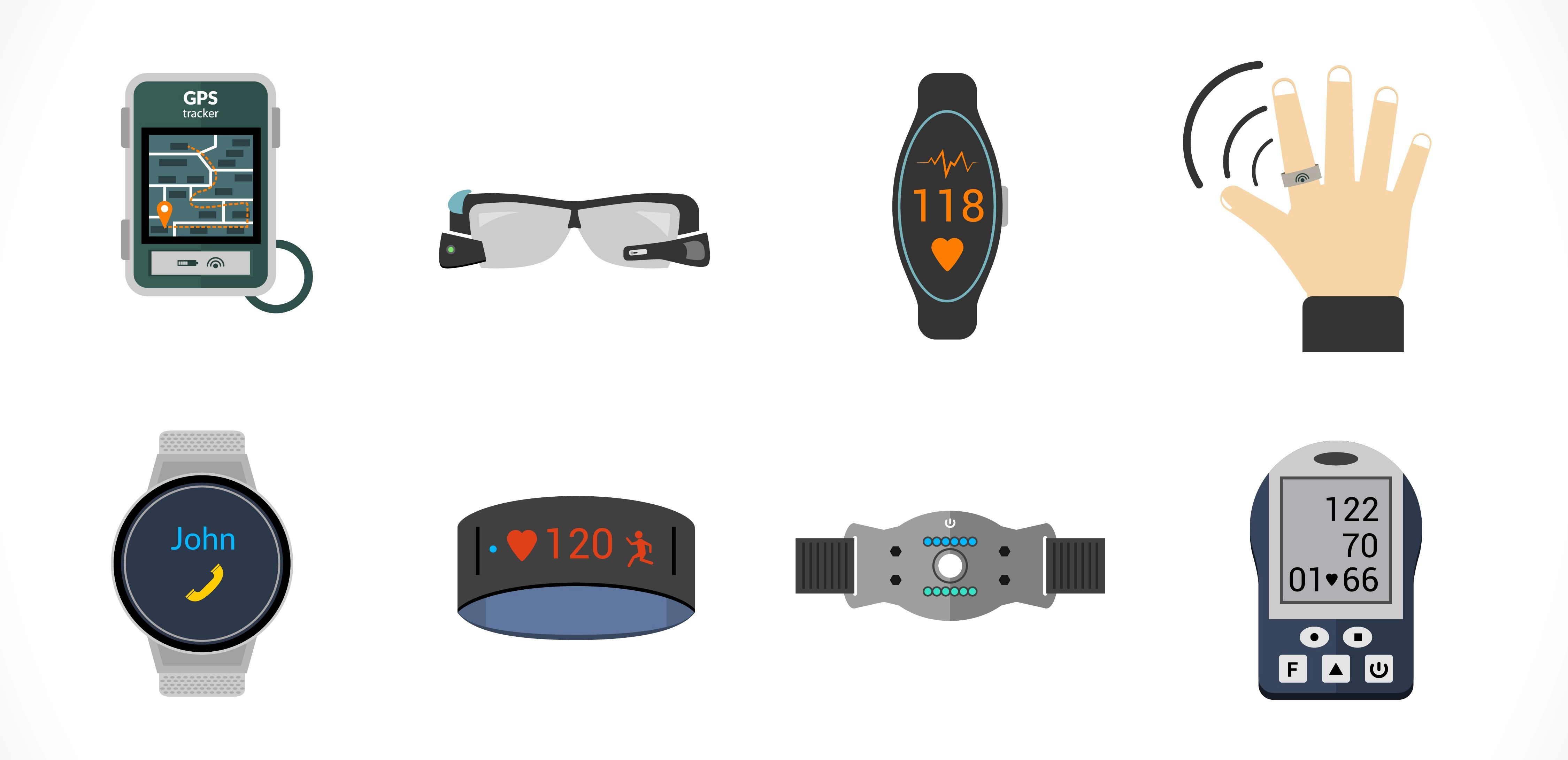Shedding Unhygienic Habits: Embracing a Cleaner Future

In an age where health and cleanliness are paramount, certain unhygienic habits are gradually becoming outdated. Discover the habits that people are leaving behind as they prioritize personal and public health.
In the wake of the COVID-19 pandemic and an increased awareness of health and hygiene, society is witnessing a shift away from certain unhygienic habits. From basic personal hygiene practices to broader societal behaviors, people are embracing cleaner and healthier habits, leaving behind practices that were once commonplace. Here are some unhygienic habits that are slowly but surely becoming a thing of the past.
1. Not Washing Hands Regularly:
One of the most fundamental hygiene practices, regular handwashing with soap and water, is now more emphasized than ever. People are recognizing the importance of hand hygiene in preventing the spread of germs and illnesses, leading to a decline in the habit of neglecting handwashing.
2. Sharing Personal Items:
The days of freely sharing personal items like utensils, towels, or grooming tools are dwindling. With a greater understanding of how easily germs can spread through such exchanges, people are becoming more cautious and are opting to keep their personal items to themselves, reducing the risk of transmission of infections.
3. Not Covering Coughs and Sneezes:
Covering coughs and sneezes with bare hands or not covering them at all used to be common behavior. However, with the awareness of respiratory illnesses like the flu and COVID-19, people are now more likely to use tissues or their elbows to cover their mouths and noses, preventing the spread of germs through respiratory droplets.
4. Not Disinfecting Surfaces:
Disinfecting commonly touched surfaces was once a sporadic practice, if practiced at all. Nowadays, regular disinfection of surfaces such as doorknobs, light switches, and electronic devices has become routine in households and public spaces, contributing to a cleaner and safer environment for everyone.
5. Ignoring Food Safety Practices:
From washing fruits and vegetables to properly storing leftovers, food safety practices are gaining prominence. People are realizing the importance of proper food handling to prevent foodborne illnesses, leading to a decline in habits like consuming expired food or neglecting to wash produce before consumption.
6. Not Maintaining Personal Hygiene in Public Spaces:
Grooming habits in public spaces, such as clipping nails or applying makeup, without regard for cleanliness or others’ comfort, are being phased out. There is a growing understanding of the importance of maintaining personal hygiene practices in public areas to promote a healthier and more respectful environment for everyone.
7. Neglecting Dental Hygiene:
Regular brushing, flossing, and dental check-ups are becoming non-negotiable aspects of personal hygiene. The awareness of the link between oral health and overall well-being has prompted more people to prioritize dental hygiene, leaving behind the habit of neglecting oral care.
8. Not Maintaining Clean Workspaces:
Cluttered and dirty workspaces are being replaced by organized and sanitized environments. Whether at home or in the office, maintaining a clean workspace has become a priority for many, contributing to improved productivity and overall well-being.
In conclusion, as society becomes increasingly aware of the importance of health and hygiene, certain unhygienic habits are gradually fading away. By adopting cleaner and healthier practices, individuals are not only safeguarding their own well-being but also contributing to the creation of a cleaner and safer environment for all.
Related Posts

Managing Hypertension: Tips for Healthy Blood Pressure

Balance weakens with age, but exercise can help reduce falling risks.

US Nursing Homes Understaffed, Jeopardizing Elderly Care



